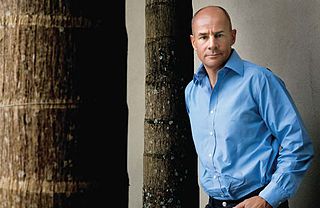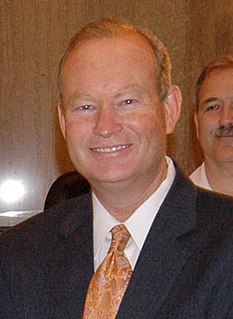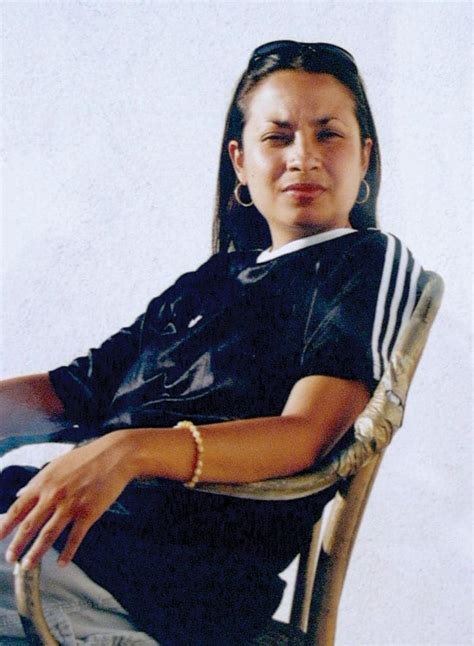A Quote by Johan Eliasch
Timber extraction provides big profits at the expense of local communities. Providing communities with unfettered access to harvest a forest that is protected in perpetuity provides better and more reliable incomes.
Related Quotes
We live in this culture of endless extraction and disposal: extraction from the earth, extraction from people's bodies, from communities, as if there's no limit, as if there's no consequence to how we're taking and disposing, and as if it can go on endlessly. We are reaching the breaking point on multiple levels. Communities are breaking, the planet is breaking, people's bodies are breaking. We are taking too much.
Through job creation, quality public services and better working conditions, people, communities and countries can lift themselves out of poverty, improve livelihoods, engage in local development and live together in peace. This happens only when work is decent - environmentally sound and productive - provides fair wages, and is underpinned by rights
All communities, and low-income communities especially because of food insecurity and lack of access to healthy foods, need more farmers markets, need more community gardens and urban farms. It would be great if people living in communities had the tools and resources to grow food in their own backyard - community-based food systems.
I believe in Mexico there's a big culture of moviegoing, both studio and indie. I think here in the US that's not the case because Latino communities don't have access to indie films. If you go into communities of color you will only find the big theater chains which only play the blockbuster genre films.
Unlike proportionality, progression provides no principle which tells us what the relative burden of different persons ought to be the argument based on the presumed justice of progression provides no limitation, as has often been admitted by its supporters, before all incomes above a certain figure are confiscated, and those below left untaxed.



































